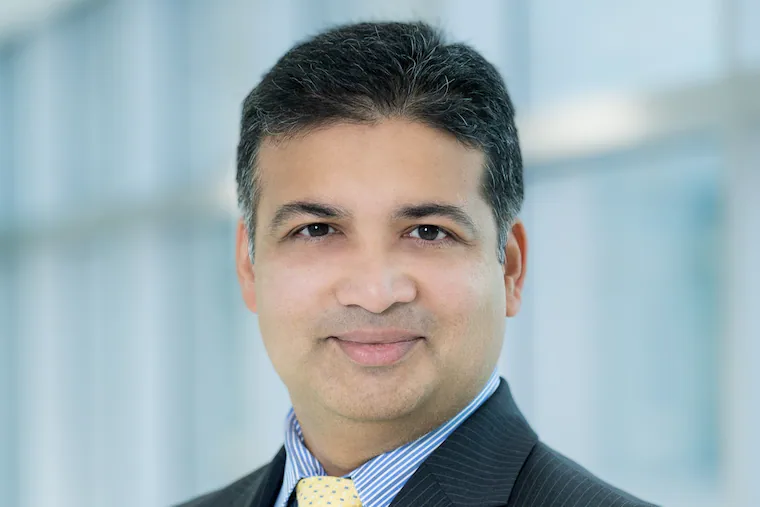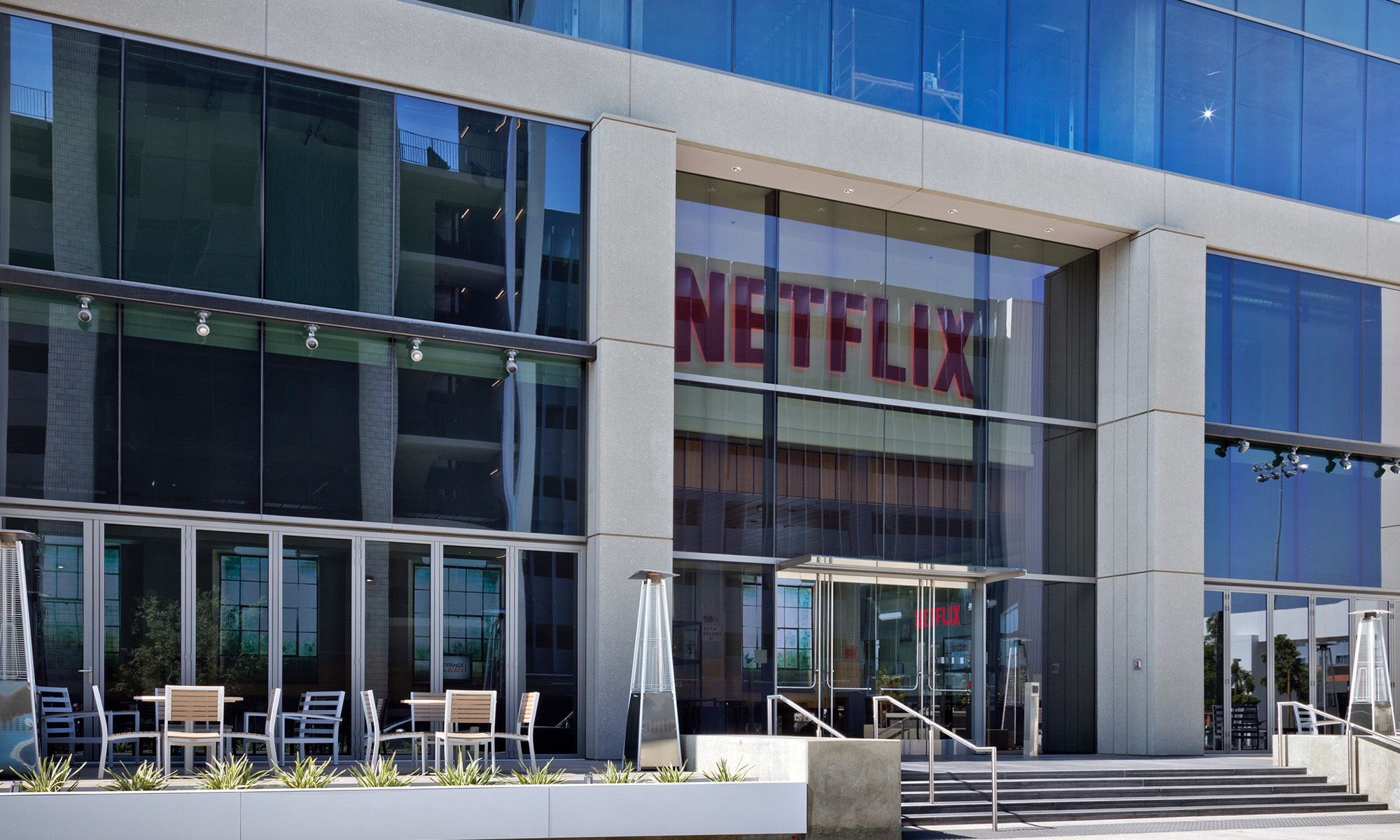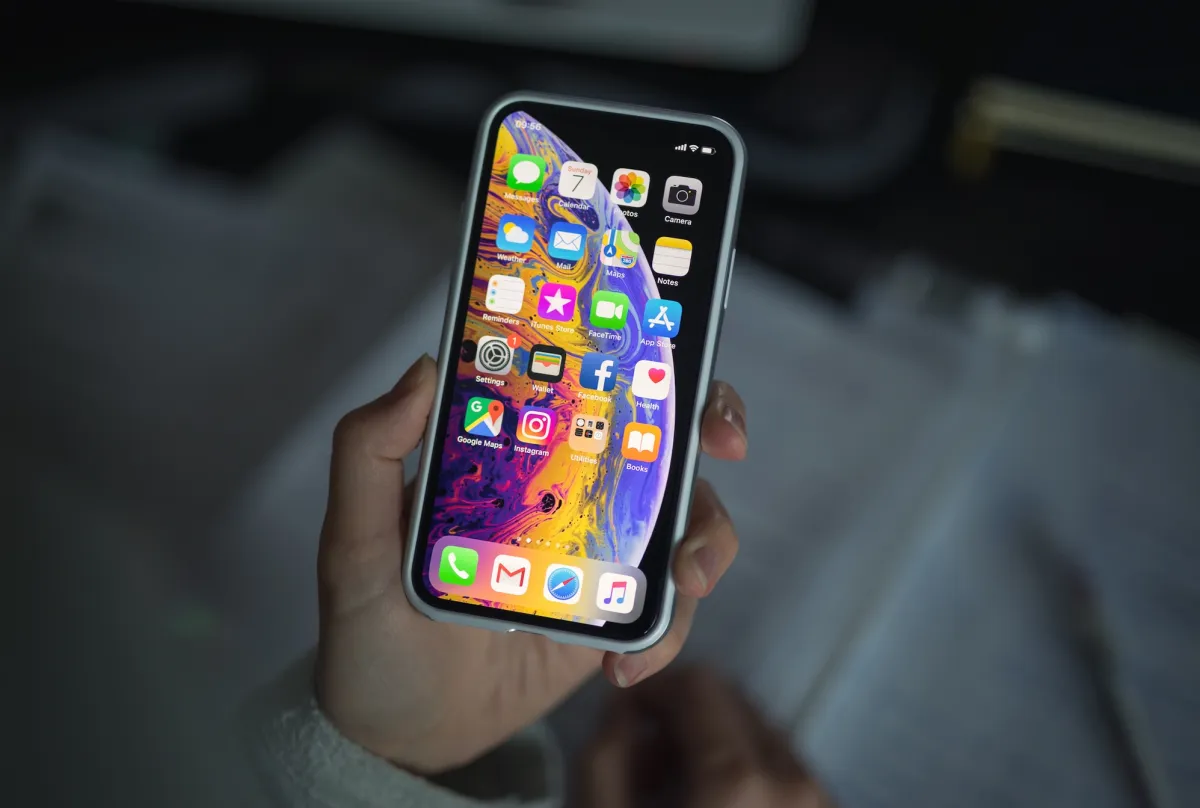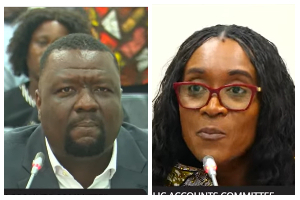Copyright The Philadelphia Inquirer

The Temple University president John Fry announced Thursday that Temple Health’s current chief operating officer Abhi Rastogi will succeed Michael Young as CEO of the North Philadelphia nonprofit that provides crucial safety net services in the city. Rastogi, who has been at Temple for 23 years, will take over on Jan. 2, Temple said Thursday. That’s when Young will retire after seven years at Temple, starting as chief operating officer at Temple University Hospital in 2018 and then becoming CEO of the entire system in early 2020. Under Young, the system’s annual revenue has increased to $3.3 billion from $1.9 billion. Temple has added two hospitals, Chestnut Hill and Temple Women & Families, while reducing its overall long-term debt. Young, 69, said he expects a seamless leadership transition, given Rastogi’s deep involvement in Temple’s growth efforts in recent years. “He’s by far the smartest young leader I’ve seen in healthcare in 30 years,” Young said in an interview this week. John Fry, who has been president of Temple University for close to a year and serves as the link between the university and health system boards, said he has seen Rastogi, 48, blossom as a leader. “He’s exceptional,” Fry said. From an unpaid internship to the top job The move into the CEO seat caps a career trajectory for Rastogi that started with an unpaid internship at Temple University Hospital during graduate school. Rastogi came to the United States from India in 2000 to earn an MBA and a master’s in information systems at Temple’s Fox School of Business. He lived across the street from the hospital for the first year of the program, he said. Now, Rastogi is taking over at a time when hospitals nationwide are preparing for major Medicaid cuts — a prospect that is particularly daunting for Temple. More than 40% of the patients admitted into Temple University Hospital have the government insurance for low-income people. With those cuts looming, Rastogi said his priorities are stabilizing Temple’s physician workforce and staff, continuing to expand Temple’s footprint in ways that make Temple a convenient option for more patients, and using AI and technology where appropriate. “Not all of our patient populations could adapt to it, but where it’s applicable, we need to make it easier for them to get access to the care,” said Rastogi, who worked in project management early in his career at Temple, with an emphasis on replacing paper with electronic files. In recent years, Rastogi has been deeply involved in the transformation of the former Cancer Treatment Centers of America location in the city’s Crescentville neighborhood into Temple Women & Families, the expansion of the emergency department and the crisis response center at Temple Episcopal Hospital, and the integration of Chestnut Hill Hospital into Temple. Rastogi said he plans to keep building on what he called Temple’s strengths, including the nation’s biggest lung transplant center, cardiology, cancer care at Fox Chase Cancer Center, neurology, and urology. “Mike has left us in a position of strategic growth and financial stability. We want to continue that,” said Rastogi, who lives in Blue Bell. He has two children, including a daughter who is in her first year at Temple. How two years turned into seven When Young arrived at Temple in August 2018, during a restructuring effort led by turnaround firm Alvarez & Marsal, he told his wife he would stay for two years and then retire. The idea, he said, was that he wouldn’t miss out on the lives of his five grandchildren the way he did with his own kids during his decades as a healthcare executive. “Then COVID hit. I couldn’t leave in the middle of COVID,“ Young said. The arrival of John Fry as Temple president last year was another reason to stay a bit longer, Young said. They have been close since 2002, when Fry left the University of Pennsylvania to become president of Franklin & Marshall College in Lancaster. Young was CEO of Lancaster General Health. Fry joined the Lancaster General board, and they developed a strong relationship, Fry said. “He is exceptionally talented and also incredibly modest about what he does,” Fry said. “He’s really all about this team, and I think that’s his legacy, not only is this turnaround, but also the people he leaves in positions of authority who are going to take it forward.” When talking about his leadership team at Temple, Young praised 15 top executives by name, adding details about where they came from and what they’ve accomplished. “We have a great mix of homegrown and outstanding people from the outside,” Young said.



